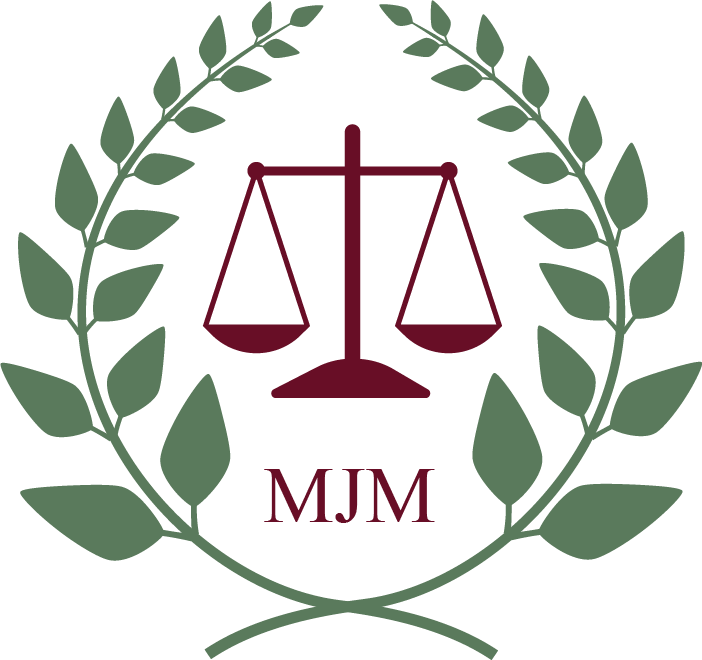What Happens When You get Arrested in Louisiana
Bond Hearing
If you have been arrested, there are several things to understand about the process. Initially, you are booked into jail and must be brought before a magistrate within 48 hours of your arrest to have a bond hearing. This hearing is to set a reasonable bond based upon your arrest, your previous criminal background (if any), and your ties to the community. It is not supposed to be a punishment but rather only an amount to assure that you appear at all stages of your criminal proceedings.
Making Bail
Some cases allow the Judge to release you on your own recognizance or a ROR. This means you do not have to pay a bond to be released from jail. However, most cases that are crimes of violence, certain drug charges, gun charges, or sex offenses do not allow ROR release. In these instances, you must make a bond either by posting the entire bond amount with the Sheriff, using your property as collateral, or by paying a bail bondsman to put up your bond amount in the form of an insurance policy. In this instance, you normally have to come up with approximately 13% of the bond amount, so if your bond was $1,000.00, you would need roughly $130.00. This money goes to the bail bondsman and is not returned to you after the case is over.
the District Attorney
If you cannot make bond, then the district attorney has 45 days on misdemeanors and 90 days on felonies to decide whether to accept your case. The period can be longer for certain offenses such as murder or aggravated rape. If you are on bond, then these timelines are extended to allow the District Attorney more time to make their decision. If the District Attorney fails to decide by the deadline, then you are given what is known as a 701 release. This means that you no longer have a bond obligation. It does not mean that your case is over. The District Attorney has two years for misdemeanors and four years for most felonies before the statute of limitations runs on the case. Many crimes of violence and sex offenses have longer statutes of limitations.
Arraignment
If your case is accepted, you will receive a notice to appear in Court for your arraignment. At this date, you will hear the formal charges the District Attorney alleges against you. You will then enter a plea of not guilty or guilty. Upon entering a plea, most often not guilty, you will receive a new date. This is normally a motion hearing date or a discovery date, depending on your case. Sometimes, if the Court thinks you can afford a private attorney, they may give you what is known as a hearing to determine a counsel date for you to hire a lawyer.
Motion Hearing Date
At your motion hearing date, the District Attorney will present evidence to the Court to justify the arrest and acceptance of your case. Your lawyer will be able to cross-examine the witnesses and make legal arguments about the sufficiency of the evidence. The burden is much lower at this hearing, so more often than not, probable cause is found, and your case will be set for trial.
Plea Deal
Many times, the District Attorney will offer a plea deal. This may be the reduction of the charge or a pre-trial diversion program. Depending on your charge and the severity of the punishment, you may want to carefully consider these plea deals to determine if they are in your best interest or if you should take your chances at trial. When considering a plea deal, it’s critical to have the counsel of an attorney who prioritizes your best interests.
Hiring an Attorney
Being accused of a crime is a scary and difficult time. You want to make sure that the lawyer who is defending you can protect your rights. There are opportunities at the beginning of the case that can mean the difference between jail time and probation or a felony and misdemeanor. The right lawyer will answer your questions, help you navigate the Court system, and help you decide what course of action is best for you. Call me today to discuss your case. With my experience, I can guarantee that you will receive excellent representation throughout your case. If you’ve been arrested and you have questions, call me! All consultations are free of charge.
Remember...When No One’s Carin’ Call McLaren!


